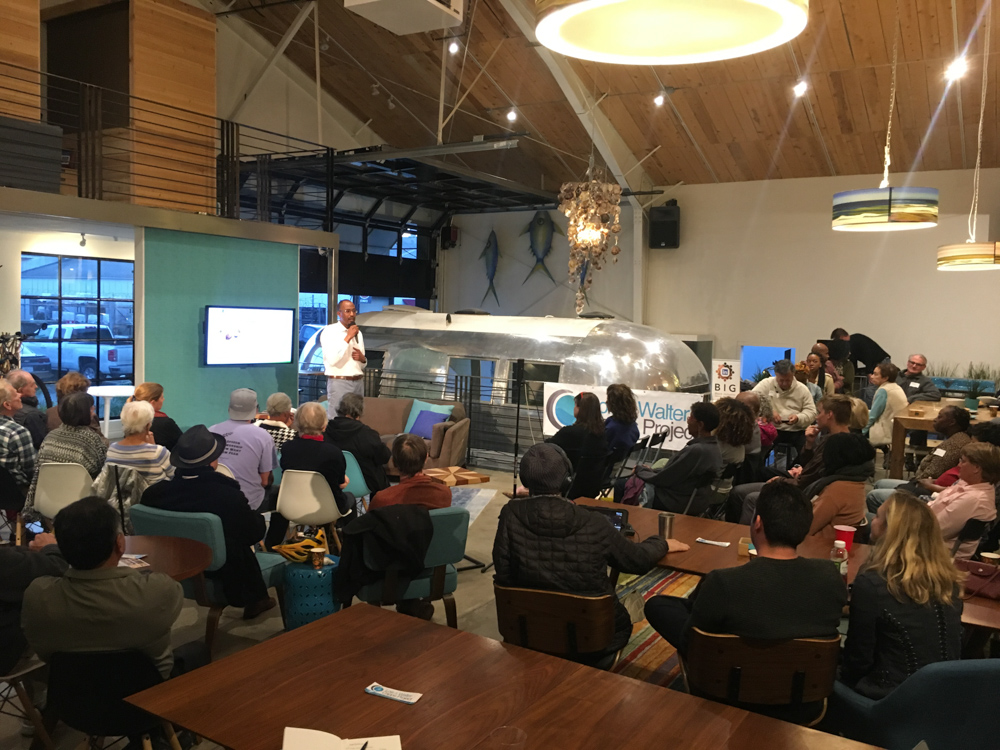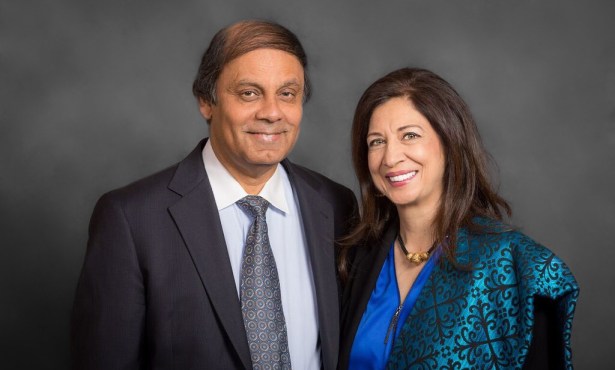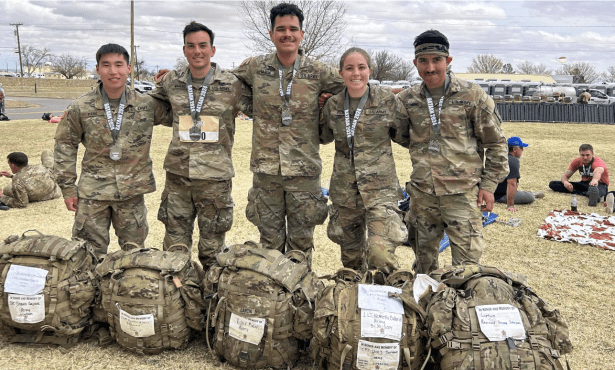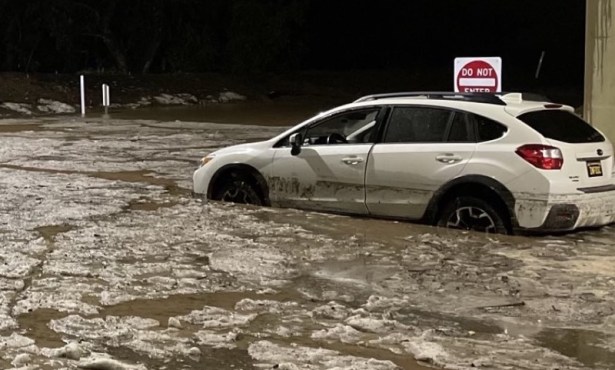Coffee with a Black Guy
James Joyce III Creates Space for Interracial Dialogue

Two and a half years ago, as the drumbeat of national news stories about police shooting and killing unarmed black men had reached a steady cadence, most recently with the additions of Philando Castile and Alton Sterling, Santa Barbara resident James Joyce III decided to act on a desire to foster cross-racial dialogues in the community. His brainchild, Coffee with a Black Guy, signifies on Coffee with a Cop, a nonprofit organization that encourages conversation between police officers and members of the community in which they work.
“The cops don’t want to be demonized because of their uniforms,” Joyce said in a brief interview before the latest iteration of the event last Saturday at the Sandbox coworking space, suggesting that there’s a flip side to the coin. Joyce conjured Coffee with a Black Guy with his cousin, Jarrett Brown, who lives in Florida but visited Santa Barbara to attend. Brown said that after police shootings, he heard a lot of people asking why black people would be afraid of cops or suggesting that maybe if they just listened to the police, they wouldn’t be harmed.
“Nobody was stopping to say, ‘Hey, let me hear where you’re coming from,’” said Brown, who livestreamed the event, the largest one yet with more than 100 people attending and the imprimatur of the Lois and Walter Capps Project. The idea behind the event is for people to ask questions and share their experiences in a judgment-free zone.
When a white attendee asked what it’s like being a black man in Santa Barbara, the floodgates opened. Black men and women, some longtimers and some young professional transplants, spoke to the palpable isolation of living in an area with such a small African-American community. They spoke about being the only black person in their place of work or out having a drink. White colleagues not taking them seriously. Coworkers using the “n-word” in a business setting. Then there were the indignities of everyday life. Strangers asking them if they have drugs to sell, if they are athletes, if they can touch their hair. A white man shared the experience of his black partner asking a store clerk a question and the clerk answering to him, not his partner. Joyce suggested that when encountering such acts of racial bias, white folks should speak up to “check” that behavior.
Perhaps the greatest tension in the room was navigating what one participant labeled the gap between intention and impact. Well-intentioned people can still say hurtful things. It’s more helpful for everyone to own up to their internalized biases, she said, than to reflexively claim they aren’t racist. Things came full circle when the last audience member to speak, a white woman, said that she doesn’t see color. As emcee, Joyce took on the tricky task of embracing friction without sparking a fire. He explained why he “wholeheartedly disagree[s]” with the concept of colorblindness — because he’s a black person in a society that isn’t colorblind — but he did so without making the questioner feel attacked.
Although the conversation was fairly unstructured, Joyce noted the context of Saturday’s event. He mentioned grievances by black students at UCSB and City College, the latter having escalated after a white employee used the unabbreviated n-word in a meeting. He also played a video clip of the writer Ta-Nehisi Coates explaining why it’s offensive for white people to use the actual word.
District Director for State Senator Hannah-Beth Jackson, Joyce said he asked for her blessing before launching Coffee with a Black Guy. He did not want his project to overshadow his (and his boss’s) job of representing all her constituents. As attendees of the event left their seats to mingle over tacos and refreshments, there was some evidence that Joyce might achieve his goal of encouraging everyday conversations across racial divides, even when there is no special event or free coffee.
This story was corrected to reflect that more than 100, not 50, attended.



